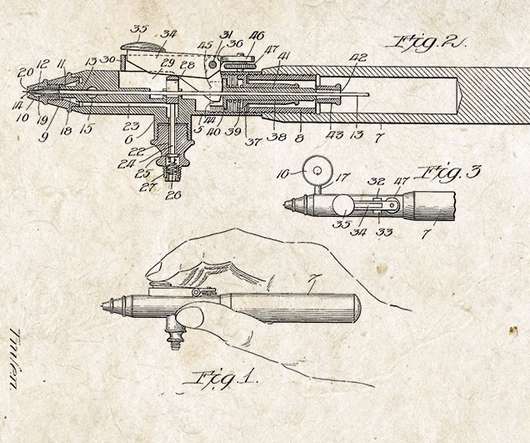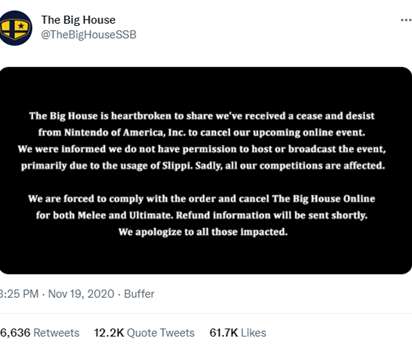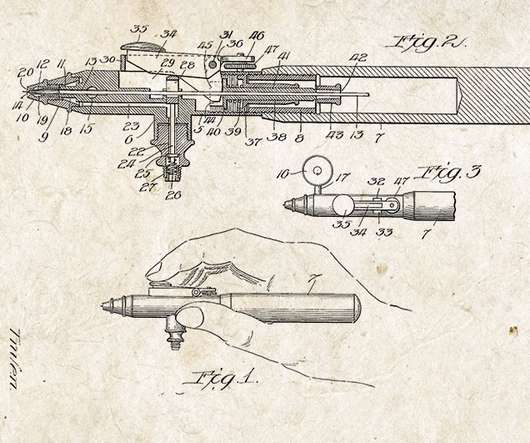What are the intellectual property rights for startups?
Biswajit Sarkar Copyright Blog
JANUARY 16, 2024
Copyrights: Copyrights protect original works of authorship such as software codes, artistic creations, literature, music, films, etc. Startups can secure copyrights to prevent unauthorized copying or distribution of their creative works.












Let's personalize your content